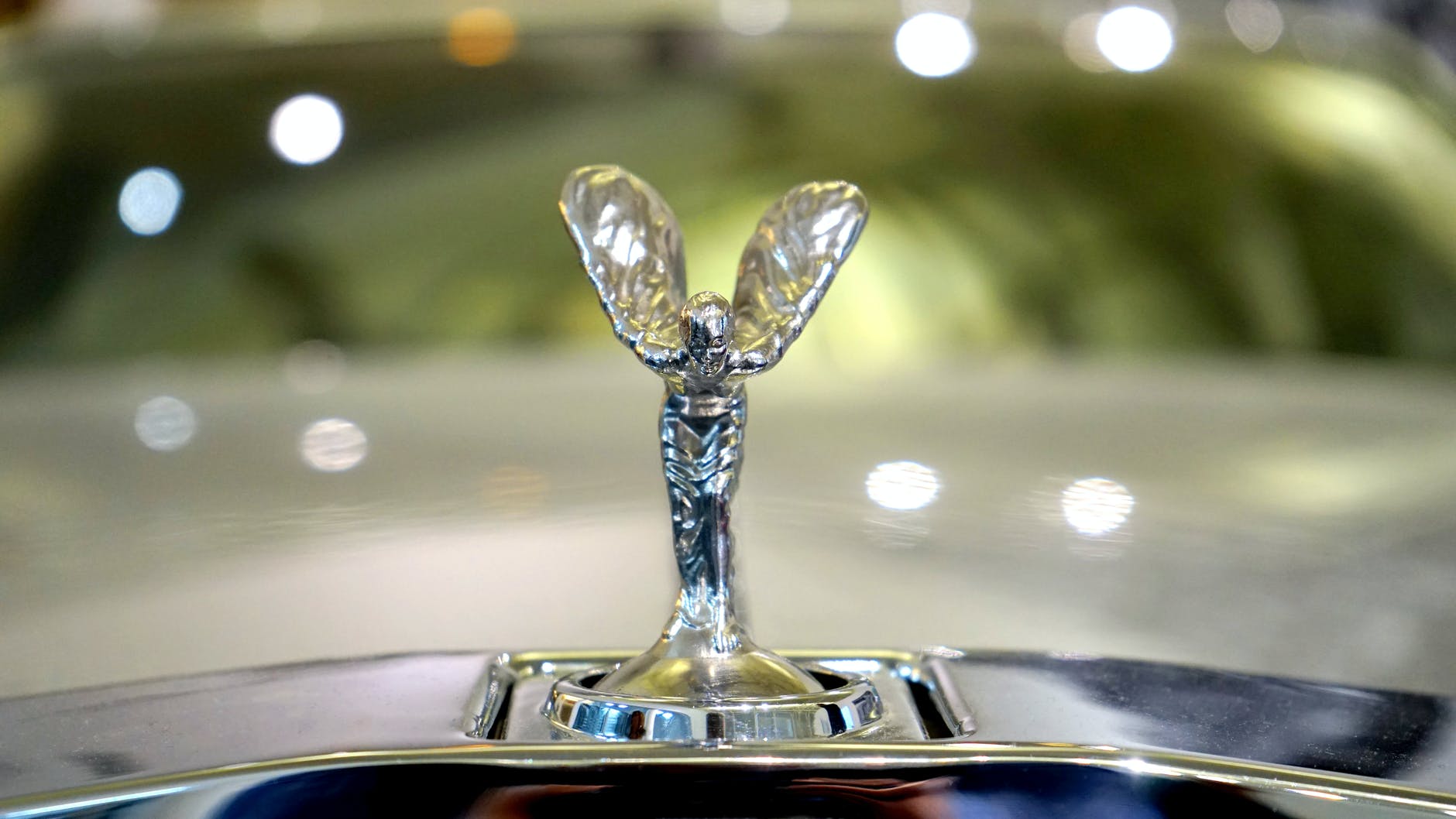The motivators behind choosing a brand over an independent, non-name or unknown brand can be complicated.
Three major players exist in the retail coffee shop space in the UK; Costa, Starbucks and Caffé Nero. Between them, they represent over 80% of branded coffee shops in the UK. The presence of Starbucks in this list and the presence of Costa and Nero in other geographies affirm the power of international coffee brands.
Research undertaken by Sophie Alice Burge of Plymouth Business School at Plymouth University studied improving the understanding of the motivational reasons behind customer choice in branded coffee shops, both international and local. Using a quantitative data collection of 300 questionnaires in the UK, the findings concluded that most respondents visit coffee shops with friends, with locally branded coffee shops the preferred choice. Consumer motivations in favour of branded coffee shops were found to be the most influenced by past experience/ familiarity; the convenience of location/travel; and friends and family. Motivators for return visits were found in friendly staff, quality of goods, atmosphere and reputation. Conversely, bad press like the “tax optimization measures” called out against a number of high profile coffee brands weighed negatively against those brands.
My Luxury Bargain, a portal for buying and selling pre-owned luxury, conducted a survey of its customers to understand the mindset of the older vs. younger luxury brand shoppers. The sample size was 300 women aged 18 to 45 who were surveyed.
The findings revealed that 63% of the older shoppers bought products familiar to and promoted by their social circle while
37% of the younger generation buy luxury brands because of their “feel good” factor.
52% of the older shoppers indicated a preference for Louis Vuitton, Chanel, and Gucci while 48% of the younger set were inclined to try Saint Laurent, Miu Miu, Givenchy and Balenciaga.
57% of the older set priced the value of a bag by the size of the bag and the brand. Amongst the younger set, 43% indicated that they buy what they like without any justification. Of the older set, 68%, preferred to shop abroad and almost a third of the younger set bought through reputable foreign and domestic websites.
Twelve themes associated with defining a brand were identified by researchers amongst Burge’s research references. Among them, shorthand, risk reduction, identity system and Image identity, were found to influence consumer minds. Memory shortcuts help with faster decision-making and brand recognition often becomes the favoured choice with distinguishable international brands satisfying demand expectations. This, it is felt, may explain international brand market dominance.
Four consumption values are cited as also driving consumer purchase behaviour – emotional, social, quality/performance and price/value for money. While local brands can create a brand value system that is more personal and cultural, more importantly, there is evidence that community support for local brands supports, stimulates, and revitalizes local economies as evidenced by the closure of many Australian Starbucks with Australians continuing to remain loyal to local brand Gloria Jeans.
I’ll have what she is having
In a piece in Psychology Today, entitled Why Do We Buy Luxury Brands—and How Do They Make Us Feel? Brent McFerran Ph.D. referenced research in social psychology on pride as associated with luxury brands, in a paper by Karl Aquino and Jessica Tracy (University of British Columbia) in which they found two types of pride in consumption.
The researchers distinguished between “authentic pride” and “hubristic pride” where the authentic pride is earned through accomplishment and the hubristic pride is associated with snobbery or posing.
Seven experiments were undertaken in which participants were called upon to recall a luxury brand or a non-luxury brand they owned and then asked to assess the pride associated with that possession. Luxury good recall, to the respondents, felt hubristic, but not more authentic in terms of pride; the authors felt that this showed the hubristic facet of pride stems from luxury consumption.
Further research suggested that feelings of accomplishment are a stronger motivator of luxury consumption, this perhaps even suggests a sense of entitlement to something luxurious as a right associated with accomplishment.
Luxury brands are sometimes positioned in a manner associating them with snobbery, wearers or holders see possession of luxury items as elevating them above lower status professions. Yet, consumers associate luxury goods with both accomplishment and snobbery. The accomplishment was found to be more motivating in creating consumer desire.
Trust and being authentic
Researchers at Yale University determined that there is also a quest for authenticity that develops early in childhood. In their study tried to convince children that a special machine had reproduced their favourite toy. The children refused to accept the duplicate as identical because there is another subtle element here, sentimentality. That’s the memory or feeling that comes from having purchased something genuine and this may be part of the reason that fake replicas of brands still don’t displace the authentic – for some people, treating yourself to a fake replica of some luxury good would be the same thing as having not treated yourself at all.
Though luxury manifests differently in each consumer, each with their own sentiments and rationale for making the choices they make, a brand and its reputation are built on a shared understanding of what it represents, and paying a premium suggests that the buyer will gain something special.
While regular carbonated water was the cheap unbranded alternative to Perrier, for many years Perrier promised an affordable luxury to carbonated water drinkers in a shapely green bottle filled with mineral water from France. That vision was smashed in 1990 when a North Carolina chemist found traces of benzene in the water. Perrier had been the gold standard by which the US state judged the purity of its own water and a number of missteps led to a massive recall and product destruction program ultimately displacing the brand from its once prestigious position in US restaurants and hotels. The loss of trust was catastrophic and ultimately benefited competitors, LaCroix and San Pellegrino.
While the product itself is important, no doubt, how your business communicates and presents to customers is also important. Doing this successfully is best achieved with an intimate knowledge and understanding of the customer, their preferences, and interests.
A customer master data management system is well-positioned to help in this regard, in addition to having direct relations with your customers, a CMDM gives you the ability to view your customers in aggregate from a centrally located and controlled environment where you are able to authoritatively disseminate key pieces of information to systems in the surrounding landscape.
Just as your customers should trust your product and brand, your staff and your customers should also be able to trust the data that you hold. A CMDM is secure and unambiguous in relation to all other systems in your landscape and over time trust in the customer data that is held, will become a key competitive differentiator.
The way you collect and use the personal data you have of your customers will affect customers’ trust levels in your brand, whether it is a luxury brand or not.
Learn how the Pretectum CMDM can help you as a single domain MDM software solution designed specifically to address the challenges of Customer Master Data Management.


